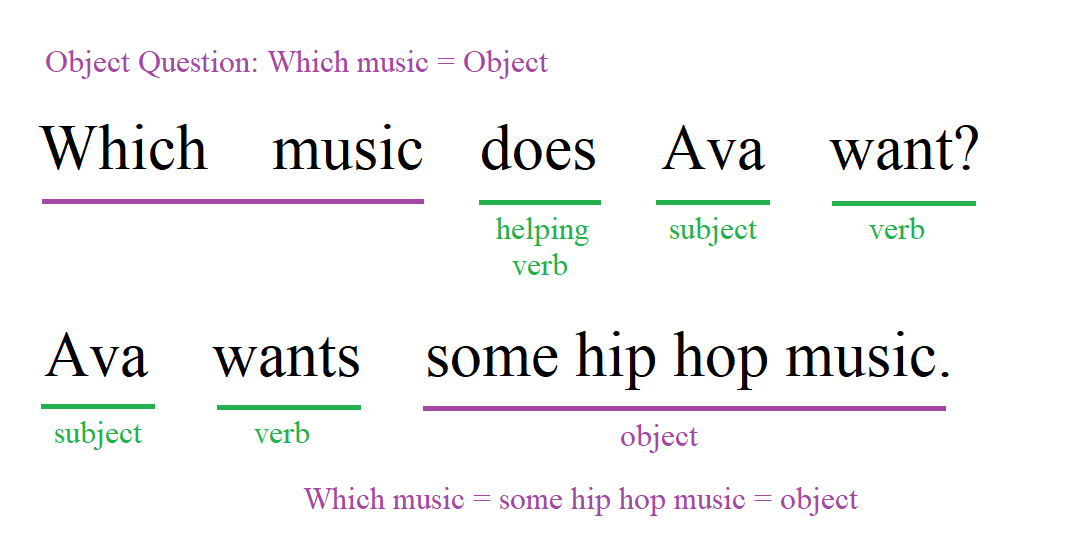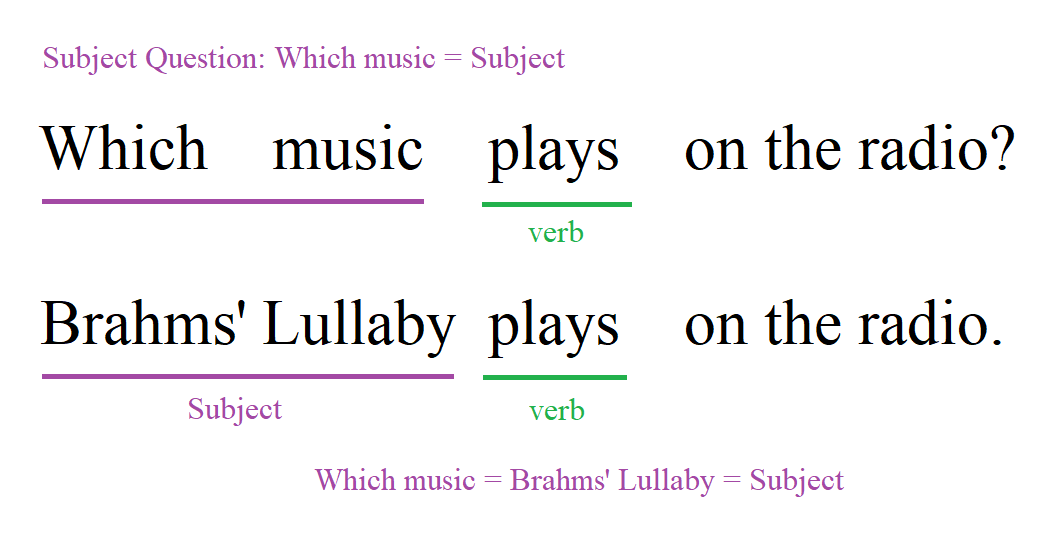Which Questions
- "Which" questions ask about preferences or choices
- The structure is: Which + do/does + subject + verb?
- Examples of such questions include "Which do you prefer, coffee or tea?" and "Which books do you like?"
- You can make a simple subject question. The structure is: Which + is/are + complement. Example: Which is your favorite?
The topic of this post "Which" questions in the simple present tense. We use "Which" question word to ask about one or more items from a specific set of items or choices.
"Which" Questions
When we want to ask a question about a choice or a preference, we start the question with the word "Which".
Structure: "Which" + do/does + subject + verb?
Often, we add the choices at the end. Example: Which do you like, dogs or cats?

Examples:
-
Which do you prefer, coffee or tea?
Question word ("Which") + helping verb ("do") + subject ("you") + verb ("prefer")? There are 2 choices, "coffee" or "tea".
Often, we put a noun after "Which" to make the question more specific.
Examples:
-
Which food do you like? - I like rice and noodle.
You are asking about food.
-
Which book do you like? - I like Moby Dick.
You are asking about books.
-
Which car do you like? - I like the red car.
You are asking about cars.
"Which" Subject Questions
You can make a subject question using "Which is ..." or "Which are ..."
Structure: "Which" + is/are + complement ?

Examples:
-
Which is your favorite, coffee or tea?
-
Tea is my favorite.
-
Which dog is Tom's dog?
-
This brown dog is his dog.
Pratique este tópico com o AI English Tutor
AI English Tutor irá lhe ensinar a gramática e praticá-la com você em formato de conversação. Além disso, mais de 100 questões práticas sobre este tópico para consolidar sua compreensão.
Experimente ALULA gratuitamente em seu telefone ou tablet








Você tem alguma dúvida sobre esta lição? Pergunte na seção de comentários, abaixo.